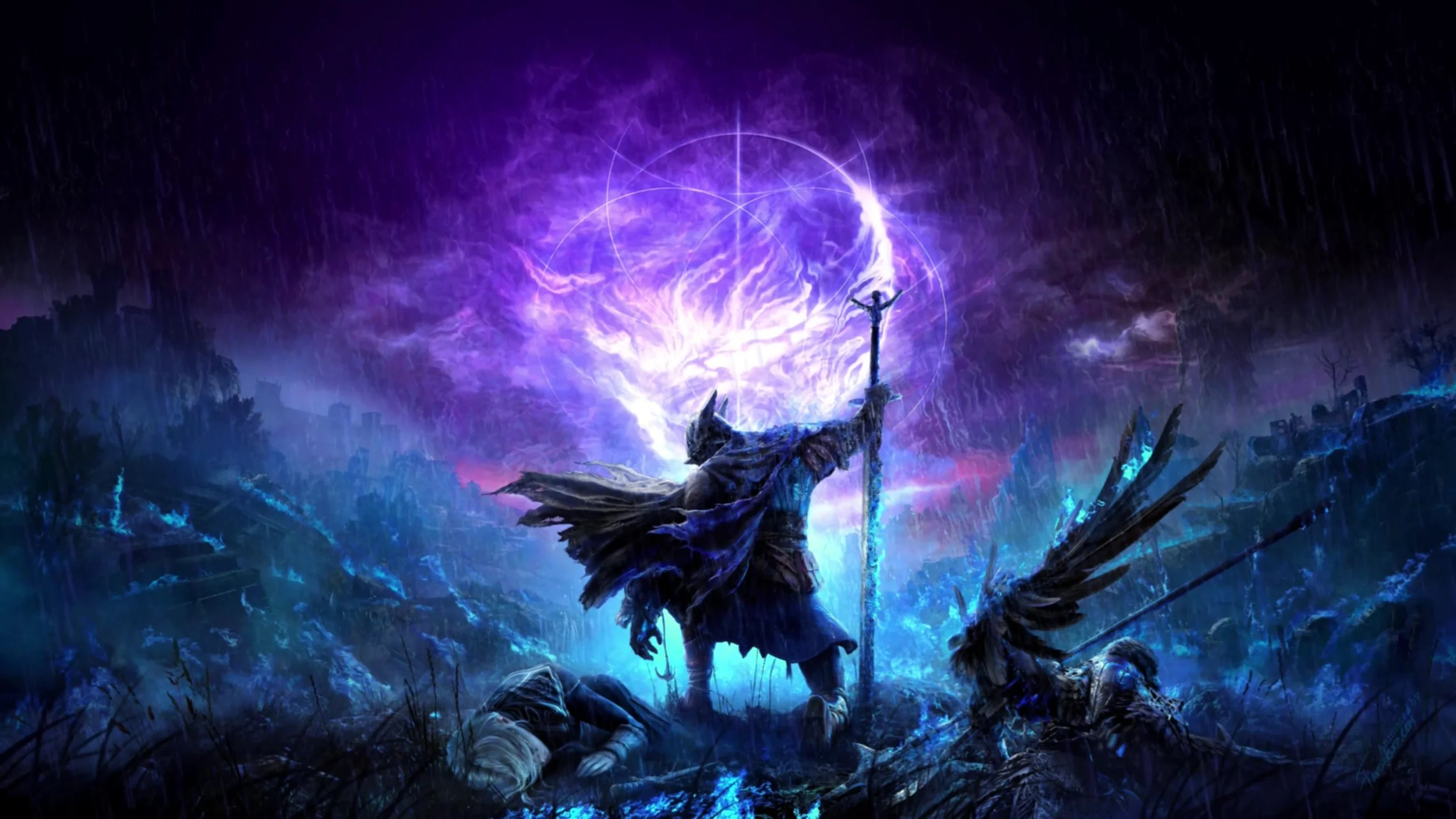Three Nights of Terror: Inside Elden Ring’s Most Experimental Chapter Yet
FromSoftware has returned to the shadowy, melancholic world of Elden Ring, but this time with a very different proposition. Elden Ring: Nightreign, released on May 30, 2025, is a standalone spin-off that distills the majesty and menace of the Lands Between into a three-day roguelike adventure steeped in darkness, challenge, and experimentation. Available now on PlayStation, Xbox, and PC, Nightreign is already generating significant buzz—and controversy—for its stark shift in structure and gameplay philosophy.
A New Kind of Darkness
Set in Limveld, a procedurally-generated, twilight-tinged echo of Limgrave, players assume the role of Nightfarers – eight unique heroes, each with distinct abilities and ultimate powers. The goal? Survive three in-game nights, gather strength, and defeat a monstrous Nightlord to break the cycle of corruption plaguing the land.
Each run through Nightreign is a self-contained journey. Players must explore the map, uncover loot and upgrades, and fight off waves of increasingly aggressive foes. The world contracts with each passing night, funneling players into conflict and decision-making. Think Dark Souls meets Hades, with the punishing edge of the former and the reset-centric rhythm of the latter.
Unlike the mainline Elden Ring, Nightreign is designed from the ground up for three-player co-op. While solo play is available, it has proven to be far more punishing, drawing criticism from parts of the player base. The game does reward all playthroughs, successful or not, with permanent relics that upgrade characters over time, maintaining the franchise's signature difficulty while introducing a rewarding metagame progression system.
Critical and Commercial Impact
FromSoftware fans turned out in droves. Within 24 hours of launch, Nightreign had sold over two million copies and hit over 313,000 concurrent players on Steam, making it the studio's second-biggest PC debut after Elden Ring itself.
Critics praised its compact, intense design. GamesRadar called it "sporty," referring to its snappy pacing and its heightened, almost arena-like tone. This is not the slow-burn exploration of the original game, but rather a distilled, high-stakes variation meant for quick, potent sessions. Each night brings higher difficulty, more powerful enemies, and the kind of strategic decisions that Souls fans thrive on.
Yet, not all feedback has been glowing. The steep difficulty curve for solo players has prompted complaints. With bosses designed around multi-player synergy, lone Nightfarers often face overwhelming odds. The studio has been responsive, however, announcing patch 1.02 to balance the solo experience. Changes include an automatic one-time revive during boss fights and increased rune drop rates for solo players.
Patch 1.02: Addressing Player Feedback
Patch 1.02, slated for early June, will soften some of Nightreign's harshest edges. The update introduces the "Automatic Revival Upon Defeat" ability for solo players during night boss battles, making single-player runs more forgiving without removing the challenge entirely. Additionally, rune drop rates will be increased, allowing for faster progression and gear acquisition.
Director Junya Ishizaki also hinted at the possibility of a future two-player co-op mode, a gap currently being filled unofficially by modders. Within days of launch, renowned modder Yui, known for Seamless Co-op in Elden Ring, released a duos-focused mod for Nightreign. It allows peer-to-peer connections between two players, offering a workaround for fans craving a smaller, more intimate multiplayer experience. Though unofficial, the mod has been widely praised for its smooth functionality and is expected to receive ongoing updates.
We’re so close to the launch of our PS5 DIY Mod Kits. Released with step by step guides to install. Why settle for basic? When its so easy to upgrade!
Soundtrack and Style: A Nu-Metal Nostalgia Trip
One of the biggest surprises came from the launch trailer, which featured Evanescence's 2003 hit "Bring Me to Life." The song's dramatic flair, paired with the game’s gothic visuals, created a viral moment and reintroduced a distinctly early-2000s tone that fans didn't know they wanted. It marked a rare moment of self-awareness and theatricality from a studio known for its stoicism.
Final Thoughts
Elden Ring: Nightreign is not just more Elden Ring—it is a radical departure. Faster, darker, and more focused, it feels like FromSoftware flexing its creative muscles post-success. While its shift toward co-op and roguelike structure won’t be for everyone, there’s no denying the ambition and execution behind it. Whether it becomes a template for future spin-offs or remains a bold one-off experiment, Nightreign offers a compelling look at how far the Soulsborne genre can stretch.
As darkness falls once again on the Lands Between, one thing is certain: death is only the beginning.



